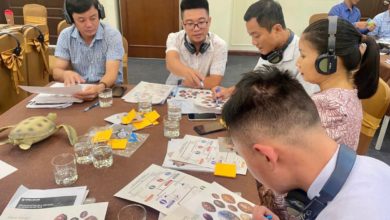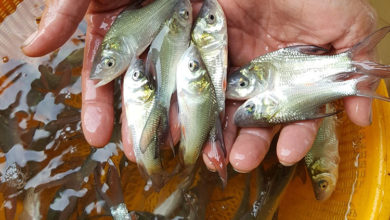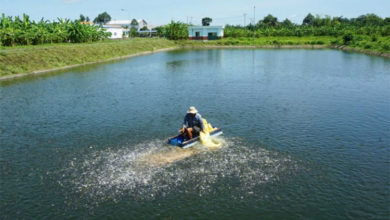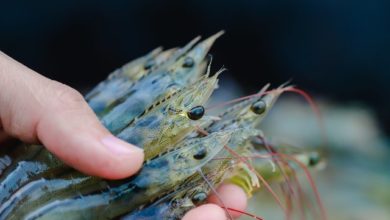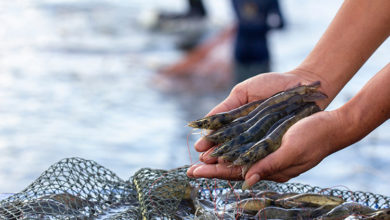Hà Tĩnh: The target of fishing in the Northern fish crop is VND 930 billion
After successfully catching the Southern fish crop in 2021, Hà Tĩnh will implement many solutions, striving to achieve the target of 18,800 tons of aquatic and seafood catches in the Northern fish season 2021-2022 with a value of 930 billion VND.
Currently, fishing vessels in Hà Tĩnh province have entered the fishing season of the North in 2021 – 2022 (starting from October this year to March next year). The fisheries sector of Hà Tĩnh province has set a target of 18,800 tons of fish catches in the North season, of which: 16,800 tons of marine catch and inland fishing (fishing in lagoons, lagoons, ponds, lakes… inland) is 2,000 tons.
According to Hà Tĩnh Fisheries Sub-Department, currently, there are 67 fishing teams with 413 fishing boats (each team has from 5 to 6 ships); 2 fishing unions with 416 fishing vessels engaged in fishing and trawling in the high seas and coastal areas, and 15 co-management groups for coastal fisheries with 1,564 participating fishing vessels.
To achieve the set plan, at present, the localities are mobilizing the maximum fleet of boats to produce the Northern fish crop; encouraging fishermen to stick to the sea to produce and invest in technology and equipment for catching aquatic products of economic value associated with responsible fishing and in accordance with the law.
At the same time, the functional sector will regularly monitor developments in fishing grounds and aquatic resources; weather and climate situations to advise and direct localities to guide fishermen to organize effective fishing.
In the coming time, Hà Tĩnh seafood industry will continue to propagate and mobilize fishermen to establish fishing teams to support each other in production and when facing accidents and risks at sea; organize training classes for captains and chief engineers for fishermen; formulating policies, reorganizing exploitation, transforming the occupational structure in accordance with the actual situation.


